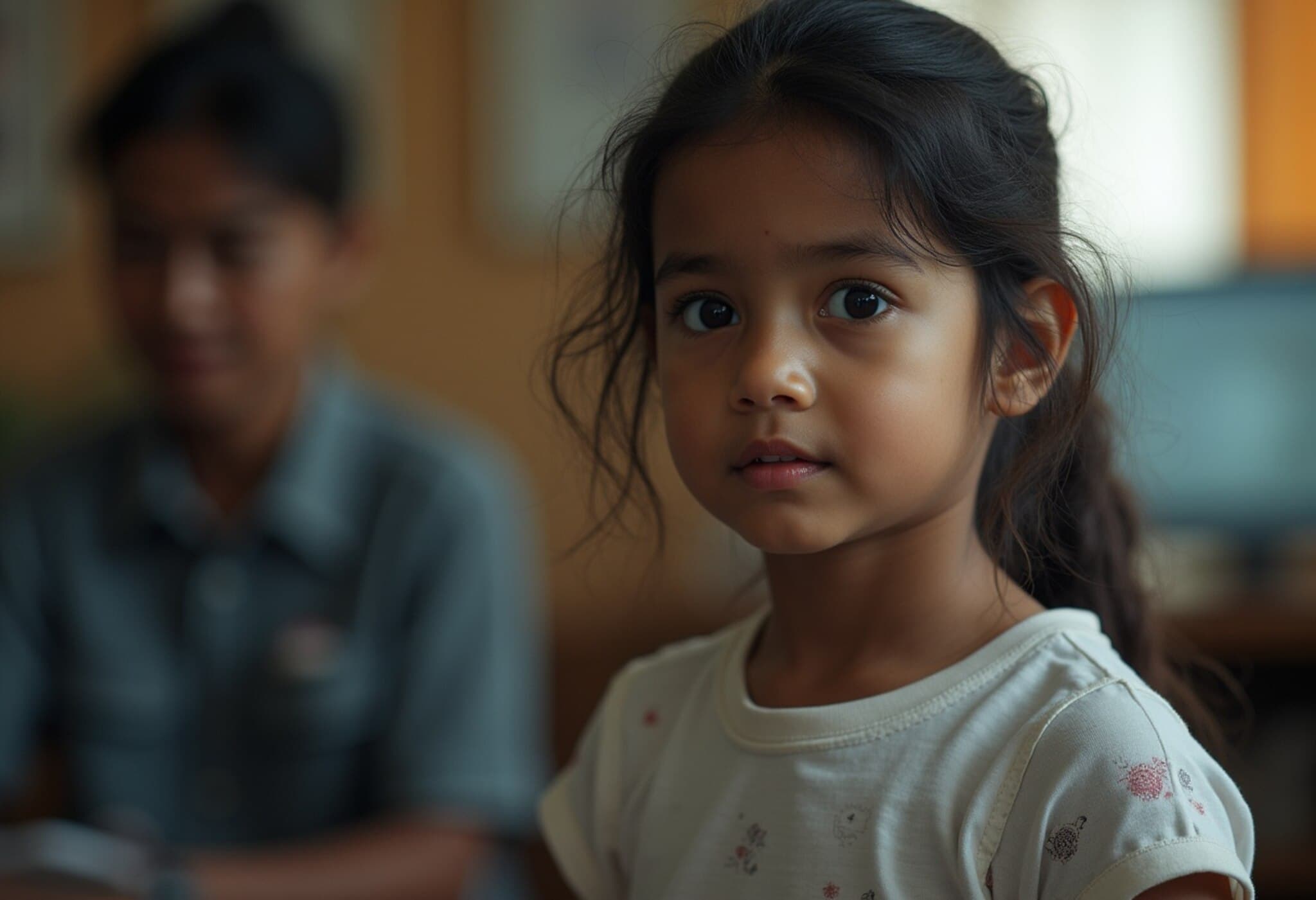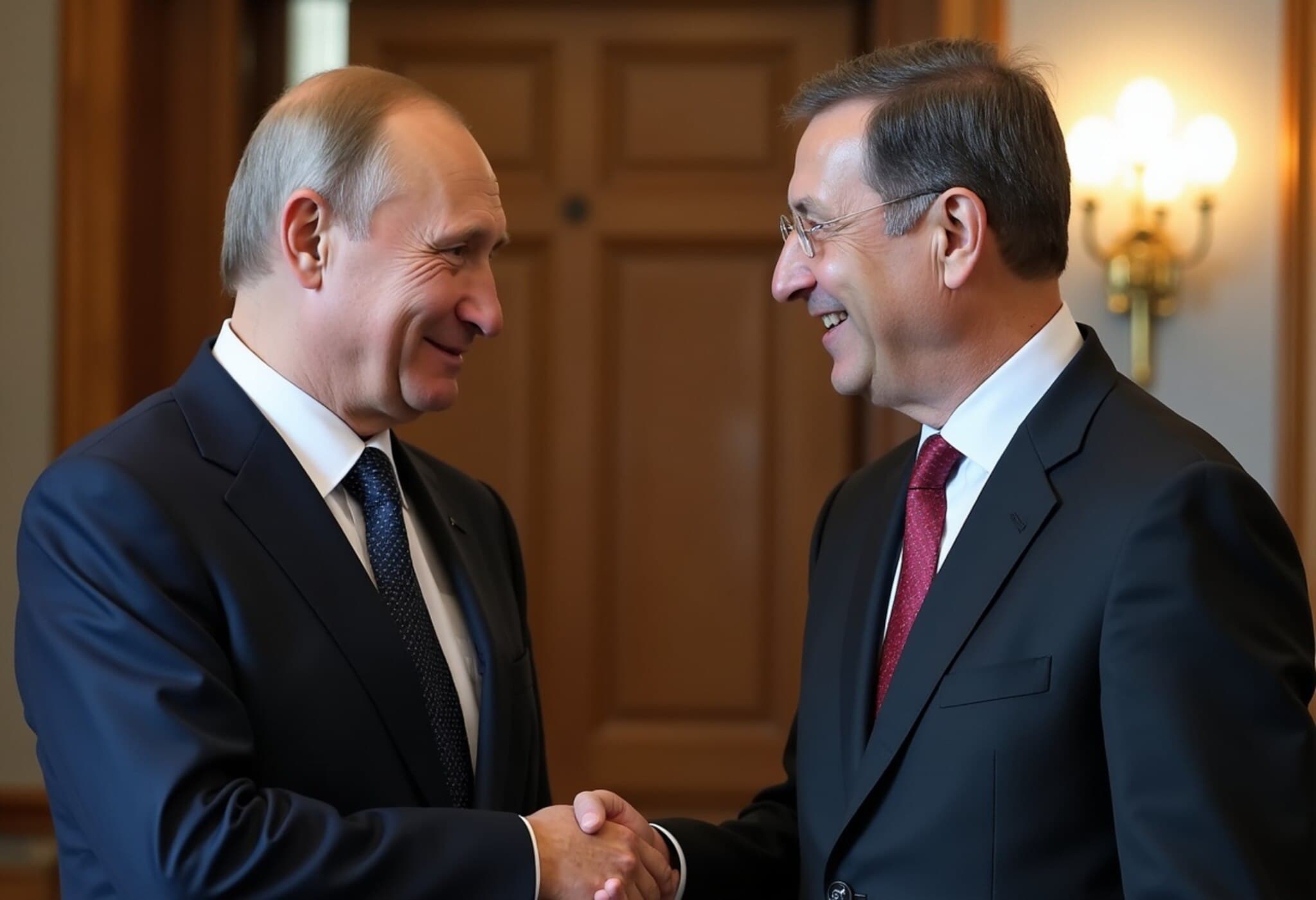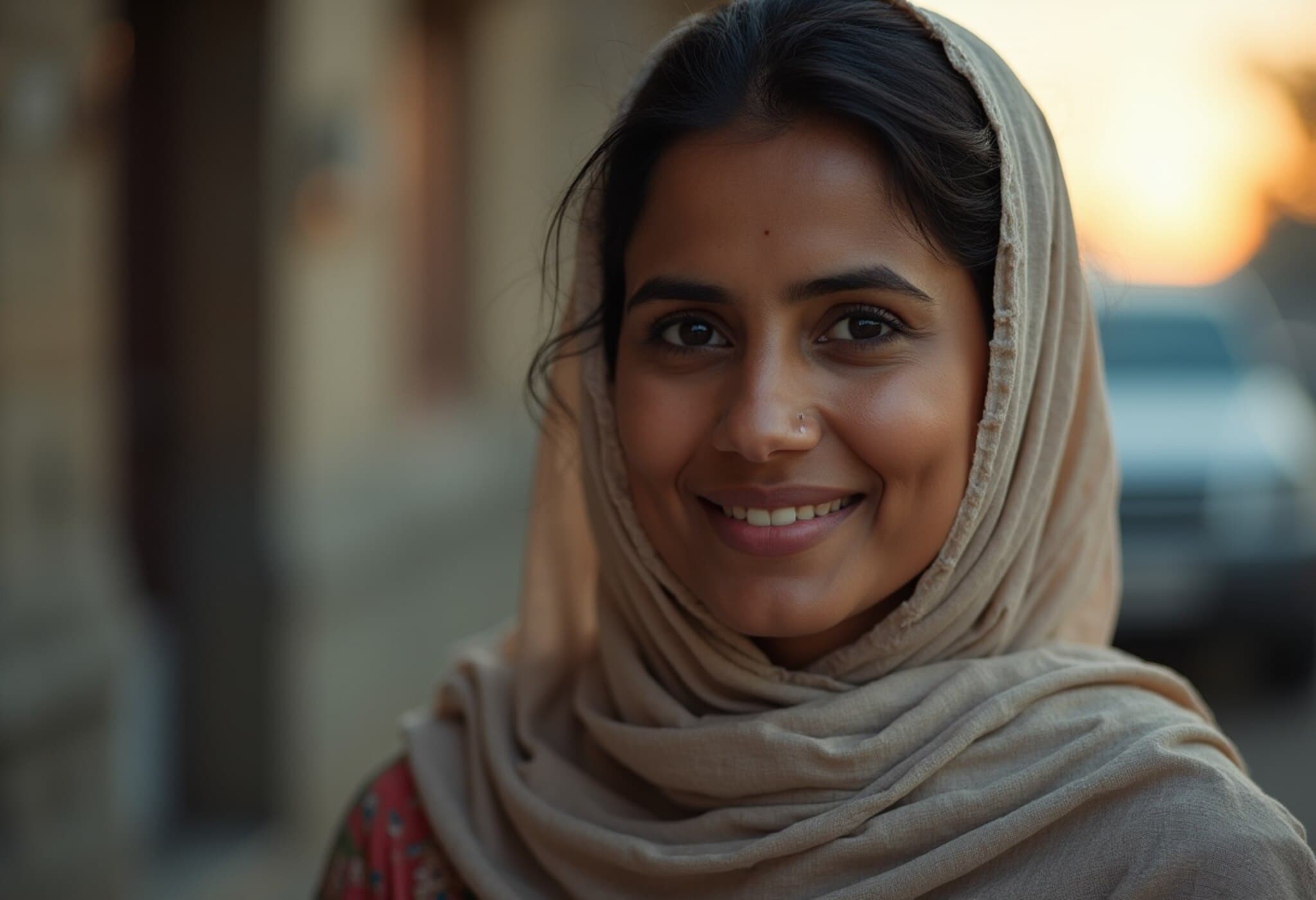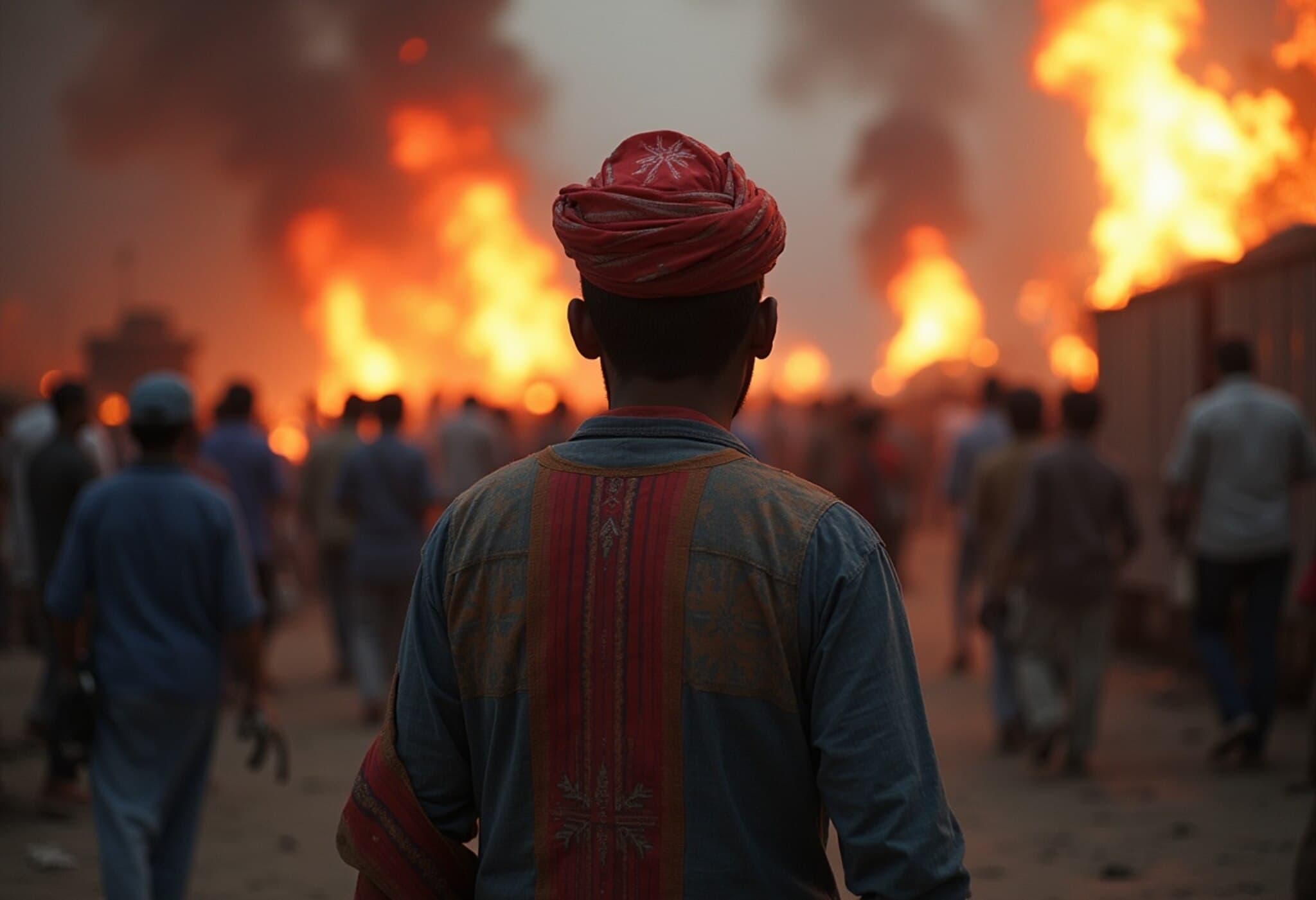A Young Nurse’s Dream Turns Into a Nightmare in Yemen
Nimisha Priya, a trained nurse from Kerala, India, arrived in Yemen in her twenties, full of hope and ambition. Hailing from a humble background and raised by a single mother, she carried more than medical expertise—she bore the dream of establishing her own health clinic in a country beleaguered by conflict but rich with potential. Initially, a job offer at a healthcare center near Yemen’s capital, Sanaa, seemed like the first step in a promising new chapter.
Life appeared to be on track: Nimisha married Tomy Thomas in Kerala in 2011, and the couple soon returned to Yemen where their daughter was born. By 2014, Nimisha was ready to launch her clinic. Tomy went back to India with their infant daughter to collect funds, while Nimisha stayed behind, focused on building her future. But a grim twist was looming—one that would entangle her in a harrowing saga of exploitation, legal battles, and ultimately, a death sentence.
The Perils of a Risky Partnership
In October 2014, Nimisha encountered Talal Mahdi, a Yemeni man whose family frequented the clinic. He presented himself as a helpful guide to navigate Yemen’s complex bureaucracy—vital for Nimisha, who needed a local sponsor to open a foreign-owned clinic as per Yemeni law. Trusting him, she handed over 6 lakh Yemeni riyals—a substantial sum—to secure necessary permits and pay rent.
She even traveled back to Kerala in early 2015 with Talal for her daughter’s baptism, fueled by optimism. Yet, as Yemen’s civil war intensified and India imposed a travel ban, Nimisha found herself effectively trapped, stranded amid conflict and bureaucracy.
From Ally to Abuser
What began as a cooperative relationship rapidly deteriorated. Nimisha later alleged that Talal turned hostile—falsifying documents to claim a one-third ownership stake in her clinic, confiscating her passport, and forging a fake marriage certificate to assert they were legally wed. Such maneuvers not only betrayed her trust but served as tools to control and intimidate her.
She reported instances of both physical and sexual abuse by Talal. Despite multiple police complaints and several imprisonments of Talal for fraud and drug addiction, the Yemeni judicial process remained opaque and fraught. Although a court returned her property and clinic ownership documents in 2016, the relief was short-lived.
The Fatal Incident and Its Aftermath
In a desperate attempt to reclaim her passport and freedom, Nimisha made repeated visits to Talal—who was incarcerated for fraud—urging him to sign divorce papers to nullify their fabricated marriage. However, during a jail visit in July 2017, Nimisha administered sedatives to Talal. The overdose proved lethal.
According to Nimisha’s account, with a fellow Yemeni nurse's advice, they attempted to conceal the death by dismembering the body and disposing parts in a water tank. Though this grim plan failed, and both were arrested, the ensuing legal condemnation was swift and harsh. By 2020, a Yemeni court sentenced Nimisha to death three times. Though one sentence was later overturned, the country’s Supreme Court upheld the rest. In January 2025, the Houthi-controlled Supreme Political Council endorsed the execution, which awaits scheduling.
Legal and Humanitarian Complexities
Yemen’s Sharia-based legal framework offers a narrow, culturally entwined path to clemency: a pardon secured by paying diyya (blood money) to the victim’s family. Nimisha’s supporters formed the Save Nimisha Priya International Action Council, mobilizing resources and crowdfunds to offer $1 million to Talal’s family as compensation.
Nimisha’s mother journeyed from Kerala to Yemen in a poignant, last-ditch effort to seek mercy. Negotiations continue under the stewardship of Yemeni social worker Samuel Jerome, but unequivocal resolution remains elusive. The victim’s family holds the key, illustrating the profound intersection of legal norms, tribal customs, and human emotion in conflict zones.
India’s Role and the Road Ahead
The Supreme Court of India took cognizance of Nimisha’s plight in July 2025, scheduling a hearing to explore diplomatic and legal avenues. The Indian government has been urged to clarify the steps it has undertaken to support its citizen trapped in a volatile foreign justice system.
Meanwhile, Nimisha remains imprisoned in Sanaa Central Jail, suspended between hope and despair, her fate entwined with the broader geopolitical complexities that define Yemen today.
Expert Insight: Navigating Legal Quagmires for Foreign Nationals
This tragic case highlights the vulnerabilities that expatriates—especially women—face in conflict-ridden countries with fragmented legal systems. Experts in international law emphasize:
- Local sponsorship laws in Yemen complicate foreign ownership, often exposing outsiders to exploitation.
- The lack of fair trial standards and prevalence of forced confessions or forged documents put defendants at grave disadvantage.
- Diplomatic interventions have limited reach where sovereign and tribal customs prevail, underscoring the need for nuanced engagement blending legal, cultural, and humanitarian approaches.
Underreported Angles and Broader Implications
While Nimisha’s story has garnered headlines, it also raises critical questions rarely discussed:
- What protective mechanisms exist for foreign professionals investing in fragile states during ongoing conflicts?
- How do gender dynamics complicate legal battles and public narratives in patriarchal societies?
- What responsibilities do home countries hold when their citizens become entangled in contested justice systems abroad?
Editor’s Note
Nimisha Priya’s harrowing journey reflects not only an individual tragedy but also a complex web of legal vulnerabilities, cultural clashes, and geopolitical instability. As citizens increasingly traverse volatile regions for work, this case serves as a sobering reminder of the need for robust international protections and diplomatic vigilance. The unsparing intersection of personal dreams and harsh realities compels us to ask: How can global societies better safeguard individuals caught between conflicting legal and moral worlds?



















